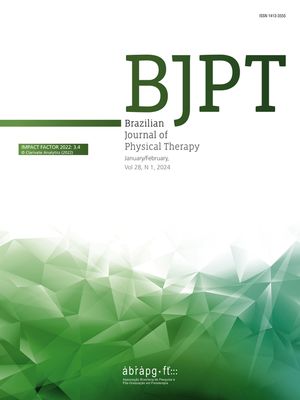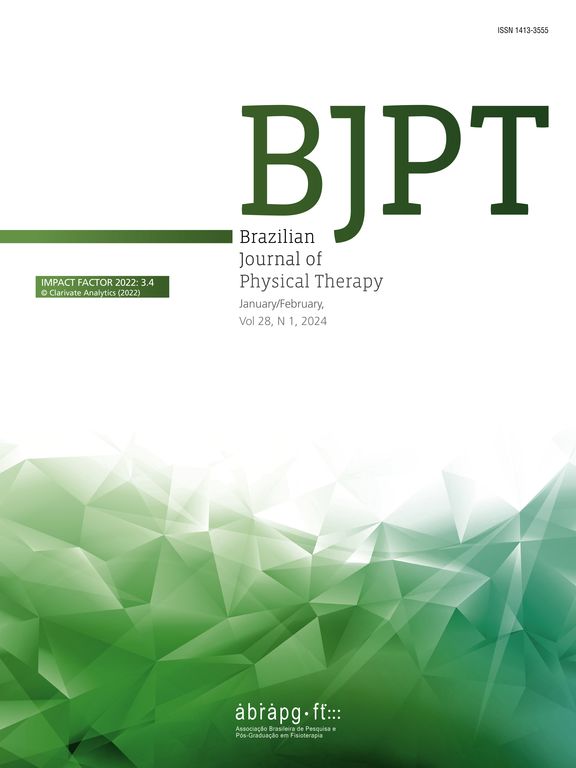
1st STUDENT SCIENTIFIC CONFERENCE OF THE BRAZILIAN ASSOCIATION FOR RESEARCH AND POSTGRADUATE IN PHYSIOTHERAPY (ABRAPG-FT)
More infoAmong the non-motor symptoms in Parkinson's disease (PD), sleep disturbances stand out, which can affect up to 90% of these individuals. Sleep plays a role in memory consolidation, learning, and refinement of procedural skills, and thus, alterations negatively impact the quality of life of the PD population. Physiotherapy promotes deeper sleep, reduces awakenings and wakefulness periods, improving objective and subjective perceptions of sleep.
ObjectivesTo understand the perception of individuals with PD regarding sleep disturbances.
MethodsDescriptive-analytical qualitative study, with recorded telephone interviews. The questions addressed the sleep disturbances perceived by individuals with PD, perceptions about the consequences of sleep deprivation, and aspects involving physiotherapy and sleep. Individuals with PD who were regular attendees of a specialized physiotherapy group for at least 2 years of both sexes, without communication difficulties, and available to discuss the interview topic were included. The recorded statements were transcribed, considered individually, divided into units of meaning, categorized, and analyzed based on the principles of phenomenology.
ResultsThe sample size was ten individuals with PD. The qualitative analysis revealed four themes that formed the structure of the phenomenon based on the experiences of individuals with PD: 1) Individuals with PD's perspective on their sleep; 2) Life impacts sleep quality and sleep influences quality of life; 3) Physiotherapy and sleep in individuals with PD; 4) Expectations and desires of individuals with PD regarding sleep.
ConclusionThe main sleep disturbances perceived by people with PD are hallucinations, vivid dreams, insomnia, and restless leg syndrome, which can cause feelings of worry and anxiety. The lack of quality sleep affects interpersonal relationships, cognitive aspects, the individual's disposition for daily tasks, and social participation. People with PD highlighted the beneficial sensations perceived when they undergo physiotherapy and mentioned the desire to sleep through the night without interruptions so that they can make better use of their day.
ImplicationsConsidering the sleep disturbances experienced by people with PD, as well as the perceived consequences on quality of life, interpersonal relationships, and social participation, physiotherapy, and the need for health education on this topic stand out.
Conflict of interest: The authors declare no conflict of interest.
Acknowledgment: I thank my supervisors and the participants, whose testimonies reinforce the importance of physiotherapy and research in professional and humanized clinical practice.
Ethics committee approval: Ethics Committee in Research of the State University of Londrina (UEL), under approval opinion nº 1.356.676.





